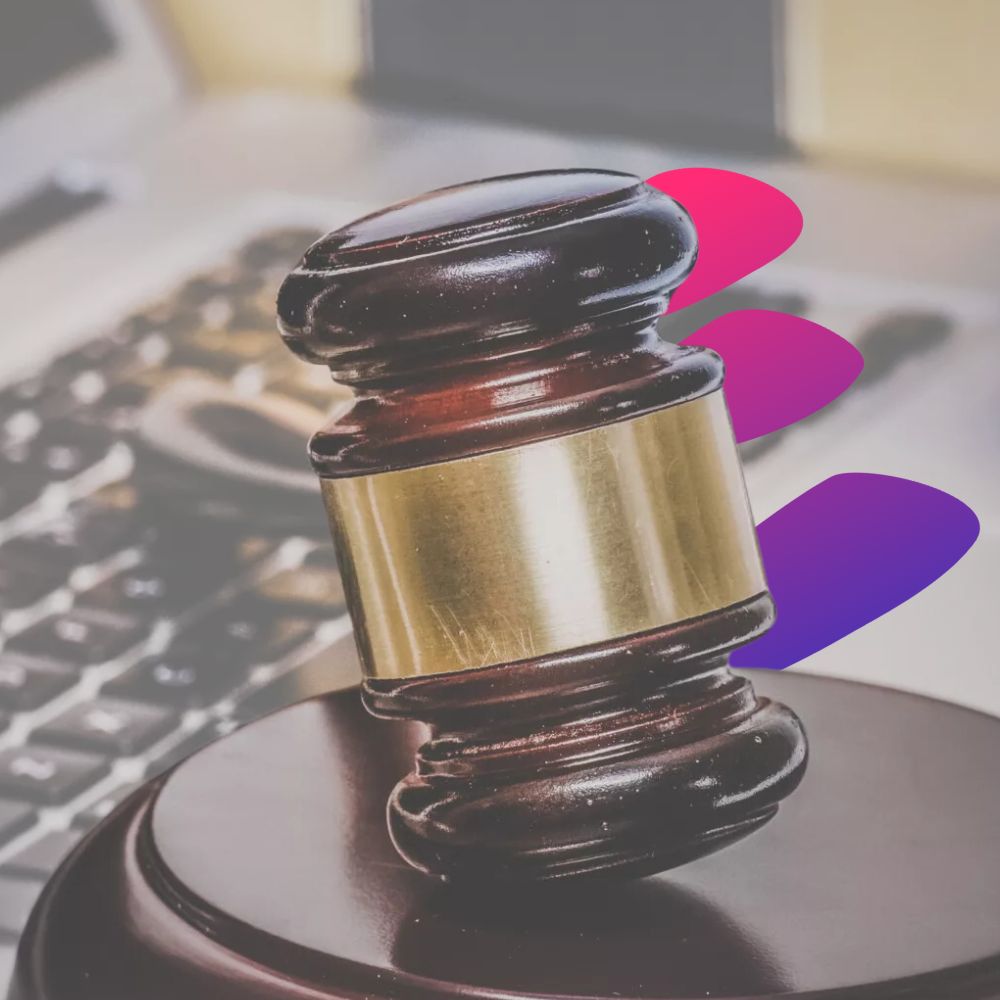9 Technical Skills Every Paralegal Needs to Know

As a paralegal, your technical skills are one of the greatest assets you can possess. Whether you have been in the legal field for a while or are looking to enter the legal profession, knowing how to effectively utilize cutting-edge technology will give you a significant advantage when applying for a job with a law firm.
Below is a list of nine tech skills every paralegal, legal secretary, and, frankly, anyone working in a law firm should brush up on.
In-demand paralegal tech skills
Document management
In any given law firm, you will probably be bombarded with stacks of paper documents such as deposition transcripts, court pleadings, evidentiary exhibits, etc. You need to know how to scan and operate various digital document management systems such as Google Drive, Dropbox, etc.
Creating presentations
Back in the day, presentations were set up using physical displays and charts. Today you can save time, money, and energy by simply learning how to use presentation software. The most well-known presentation tool is Powerpoint, however, you can use other great systems such as Prezi and Keynote on Mac computers.
These applications usually come equipped with templates to make your task easier. The key to a good presentation is knowing how to condense information and present it effectively. The features on these presentation systems will help guide you so that you can make pertinent information stand out.
Improve your paralegal technical skills by enrolling in Coursera’s class: Effective Business Presentations with Powerpoint!
Billing software
Most lawyers in large Florida law firms bill clients by the hour. Therefore, it is crucial that you keep these hours documented through a reliable billing software system. Make sure to research and analyze the highest-rated and recommended software applications.
There are plenty to choose from, including PracticePanther Legal Software and Protempus. Also, be sure to learn all the features of these programs, such as Account Tracking, Calendar Management, Case Management, Client Statements, Expense Tracking, Retainer Billing, and Time Tracking.
Online research
A top-notch paralegal must be comfortable using legal research services such as LexisNexis and Westlaw. These are the most prominent and well-regarded legal research platforms used by most law firms in Florida and elsewhere. They can assist with fact-checking and citing pleadings, motions, memorandums, etc.
When it comes to brushing up on your paralegal technical skills, Coursera’s Legal Tech and the Digital Transformation of Law is a popular course many law professionals participate in.
Word processing
A legal professional needs to have strong writing skills. With that, you must have the right tools to generate legal documents. The most popular word processing tool today is Word by Microsoft Office. It’s easy to navigate, but once you know all of the features it offers, you will be better equipped to handle most legal documents you are assigned to draft.
In addition to Word, other digital word processing tools such as Google Docs mimic many of the features available in Word but are cloud-based, making sharing with colleagues very easy.
Digital organization and e-Filing
Most courts today use electronic systems to store legal documents such as pleadings, petitions, and general case files. Each jurisdiction may use different software, which is why it is beneficial for a paralegal or legal secretary to become familiar with these other e-Filing systems. You also need to know how to organize and send digital files on behalf of your lawyer to the court and its staff.
Smartphone applications
This may seem like a given, but there are many applications on smartphones that can prove to be essential for many lawyers, paralegals, and other legal professionals. Cell phones today are like mini-computers in your hands that can give you instant access to quick research, documents, calendars, and time tracking.
You should be adept at navigating these smartphone applications, syncing these applications to the platforms on your lawyers’ computers, and making sure the applications stay updated.
Office tech
Scanners, printers, and copy machines are still practical and necessary tools that a legal assistant should know how to use. These will be in every law office, and if you aren’t sure how to use them, it could be detrimental to your work.
While emails are the go-to method to send over files, you should still know how to properly work a fax machine if another office operates with this tech. Office technology helps the overall function of the office, so expertise with these hardware systems will escalate your reliability as a legal professional.
Conferencing software and applications
Whether it is by phone or computer, knowing how to coordinate a conference call is vital to your responsibilities as a paralegal. These group conferences enable meetings to take place without the hassle of traveling to another city. Your office may already have the tech needed to hold a conference call, so make sure you are familiar with all its bells and whistles.
A live video conference is just as (if not more) important to learn how to navigate. Live video calls are being used more and more these days, whether it is through Zoom or some other visual conferencing system.
Stay current with your paralegal technical skills
As you can see, there are many tech-based tools you should take the time to not only master but stay up-to-date with any advancements. This may seem tedious and repetitive, but you will become a valuable asset to a law firm if you are well-versed in billing software, research tools like LexisNexis and Westlaw, and smartphone applications.

